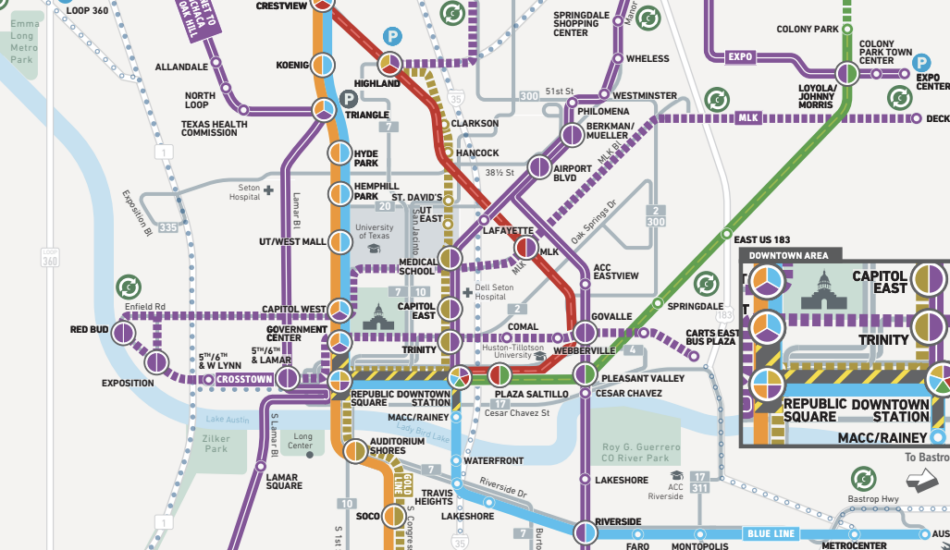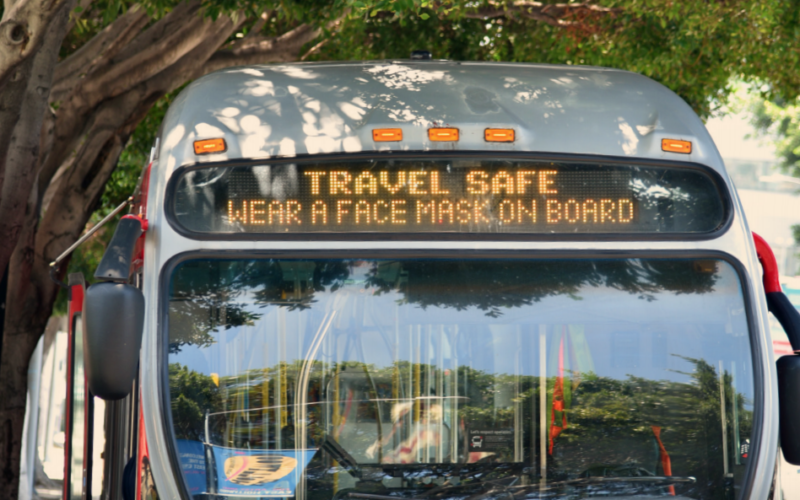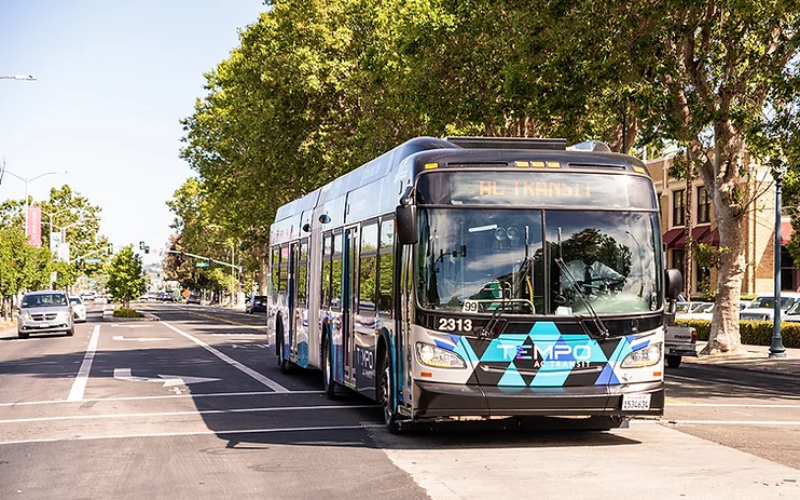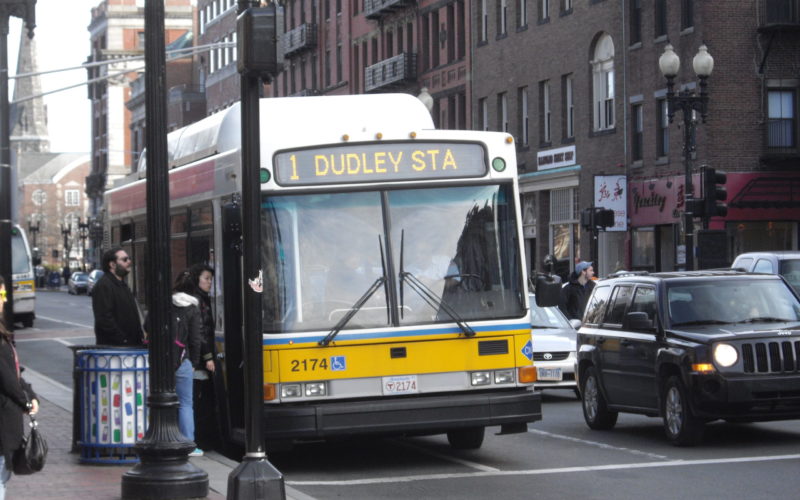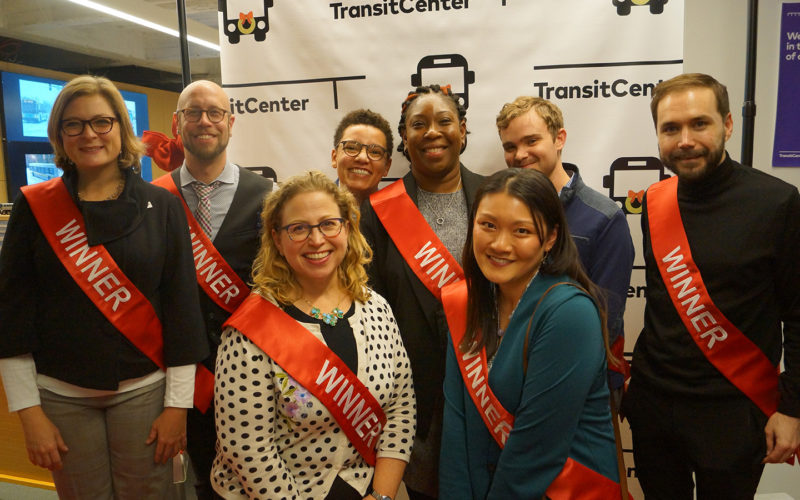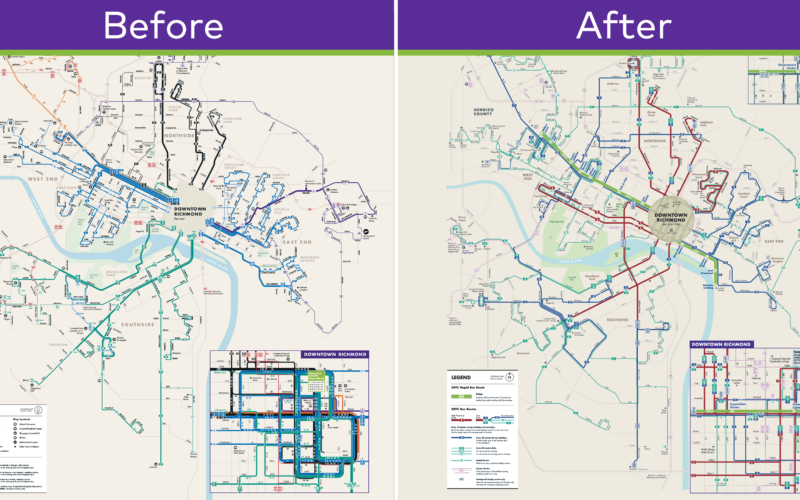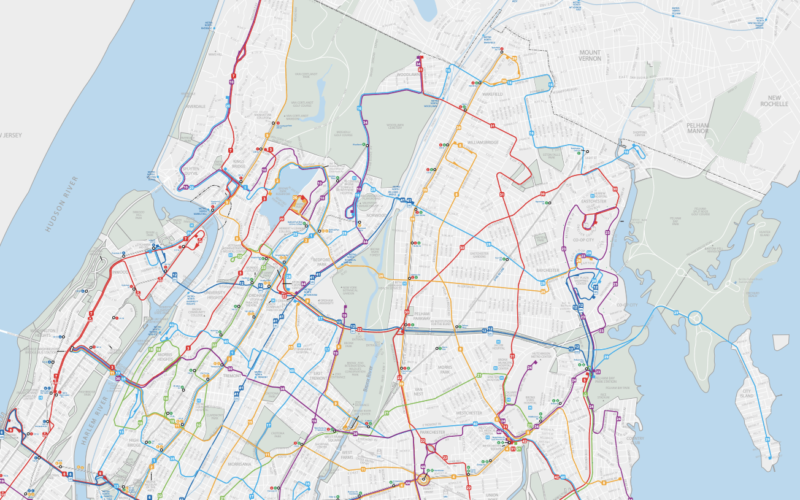Even during a pandemic that has severely reduced transit ridership and created uncertainty about household budgets, voters on November 3 recognized the value of transit and decided to ramp up public investment in their local systems.
Read MoreIn a new report, TransitCenter provides a roadmap for policy makers to navigate the COVID-19 crisis, safeguard transit workers and transit riders, and prepare transit to serve a critical role in the recovery.
Read MoreAmerican cities and transit agencies should review lengthy BRT projects with a critical eye, assess what went wrong, and adjust strategies in order to deliver better transit service without making riders wait year after year before they see the benefits.
Read MoreResearchers at the MBTA have developed a model to examine how spatial, service, and demographic factors affect transit ridership at the neighborhood level.
Read MoreOur new report, “Derailed,” examines how Nashville's 2018 transit referendum was weakened by rushed, insular planning that produced a transportation package out of touch with the needs and desires of Nashville residents.
Read MoreTransitCenter’s year-end awards, The Frequencies, recognize outstanding work by transit agencies and city governments to improve transit service. This is the first year of the awards, which recognize achievements in eight categories.
Read MoreIn Richmond, transit ridership has gone up by 17% following a bus network redesign and the debut of The Pulse, a center-running busway with all-day frequent service on the system's trunk route.
Read MoreThe Portland region is changing -- and an “all of the above” approach to transportation spending may not win out in Portland's upcoming ballot measure.
Read MoreIn June, the MTA released a draft plan to redesign the Bronx bus network. There’s no doubt that the proposals will improve trips for bus riders. But given the gap between the current state of Bronx bus service and what Bronx bus service can be, is this plan as ambitious as it should be?
Read More